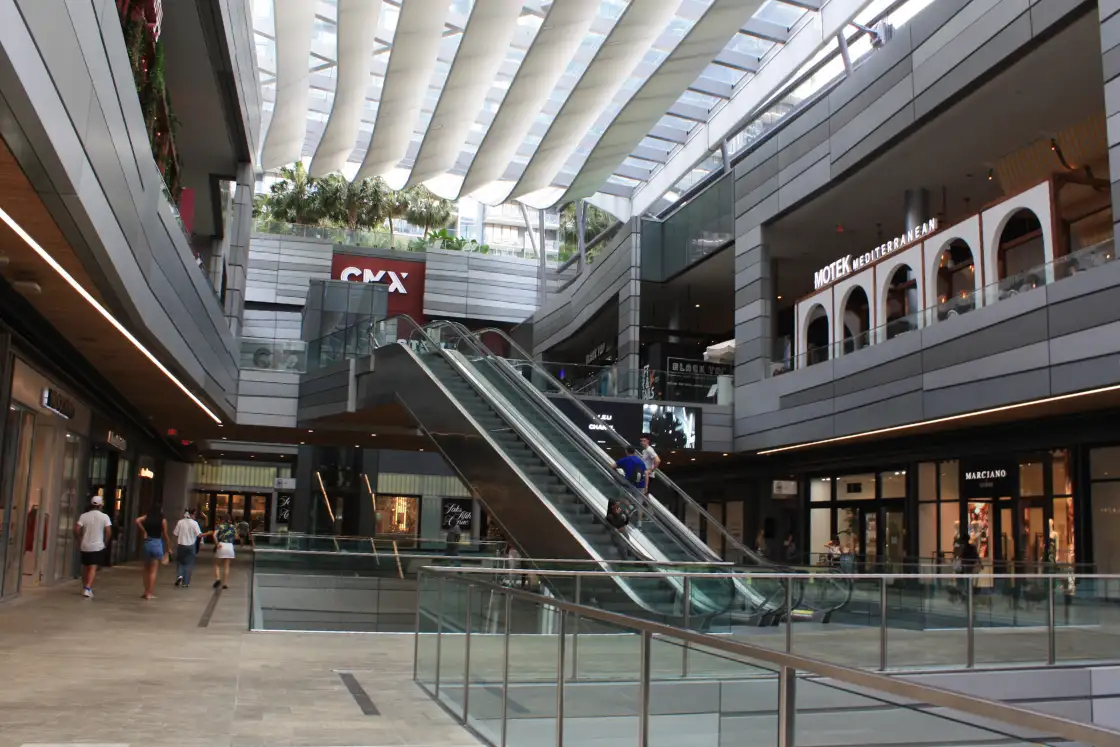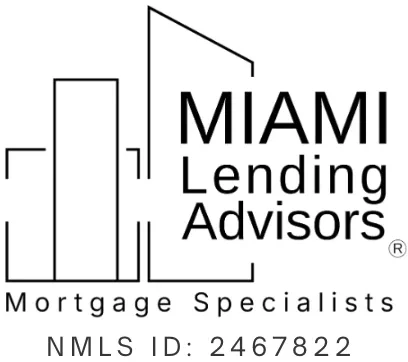If you’re a business owner, entrepreneur, or investor, you’ve likely realized that navigating the world of commercial property loans can be a complex journey. But don’t worry—that’s why we’re here! To guide you through the ins and outs of mortgage rates for commercial property, which can make all the difference in securing the best deal for your investment.
These rates don’t just dictate your monthly payments—they shape the very foundation of your investment strategy. Dive in as we uncover the key factors that influence these rates and reveal what you need to know to secure the best possible terms for your commercial property mortgage.
Financial Profile of the Buyer
Your financial profile is one of the most critical factors lenders consider. Here’s what they look at:
Credit History: A strong credit history can help you secure lower interest rates and more favorable terms.
Income and Cash Flow: Lenders will assess your current and projected income to ensure you can make the mortgage payments.
Assets and Liabilities: The balance between your assets and liabilities will also be considered to evaluate risk and set appropriate terms.

Property Usage
How you plan to use the property also matters. Lenders will differentiate between owner-occupied properties and investment properties.
Type of Property
The type of commercial property you’re buying significantly affects the mortgage terms. Here are the main categories:
Business/Industrial Properties
Owner Occupied: If you’re going to use the property for your own business, you might qualify for an SBA (Small Business Administration) loan. SBA loans often come with better terms, like lower down payments and competitive interest rates, compared to non-SBA loans.
Investment Property: If you plan to rent out the property, the terms will differ. Lenders will consider the property’s ability to generate rental income and cover operating expenses.
Multifamily Properties with More Than 4 Units
For larger multifamily properties, the mortgage terms will depend on the projected profitability. The basic formula here is:
Rent – Expenses = Profit
Lenders use this equation to assess whether the property can generate positive cash flow, which is crucial for determining the risk.
Typical Commercial Loan Terms
Commercial loan terms can vary widely. Here are some examples:
Long-Term Loans: Interest rates around 7.25% for 25-year terms, usually in the low 7% range.
Short-Term Loans: Higher interest rates, like 11% for 12 to 24-month terms.
These examples show how terms can differ based on the loan duration and the risk profile of the buyer and property.
In summary, the rates and terms for a commercial property mortgage depend on a mix of factors, including your financial profile, the intended use of the property, and the type of property. Understanding these elements is crucial for securing favorable mortgage terms for your commercial property.
Additional Tips for Securing Favorable Loan Rates
Shop around: Don’t just accept the first offer you receive. Get quotes from multiple lenders to compare rates and terms.
Improve your credit score: A higher credit score can qualify you for lower interest rates.
Make a larger down payment: A larger down payment will reduce the amount you need to borrow and make you a more attractive borrower to lenders.
Get a co-signer: If you have a weak credit score, you may be able to qualify for a loan with a co-signer who has a strong credit score.
Negotiate the terms: Don’t be afraid to negotiate the interest rate, loan term, and other terms of your loan.
By following these tips, you can increase your chances of securing a favorable loan rate for your commercial property mortgage.
FAQ Loan Rates for Commercial Property
What factors affect commercial property loan rates?
Different factors can have an impact in the interest rate for commercial loans. The property profile, it;s intended use, and your company’s or personal financial profile are all analyzed when looking for the program that has the best terms for you. For example a commercial property that is intended to be occupied by your business and your business having strong financials will probably get a better rate vs an investment property that could have some income challenges finding a tenant.
How do I qualify for the best commercial real estate loan rates?
Talk to a mortgage broker that understand commercial loans and explain your profile and the property profile. After carefully analyzing your situation, the specialist should be able to tell you what are the best terms for you.
What are typical interest rates for commercial property loans?
The rage for interest rates in commercial loans is wide. Today, a long term loan on an owner occupied business with great financials can be on the low 7% . While a rigger risk commercial property with a short term bridge loan can be as high as 12% .
What types of commercial properties qualify for financing?
Most commercial properties qualify for financing. The difference will be the type of program the qualify for. Many commercial lenders specialize in different types of properties or different industries.
How can I compare different commercial loan offers?
Your mortgage broker should be able to give you a few options that will work for you based on your profile, needs and the property that you are buying.
